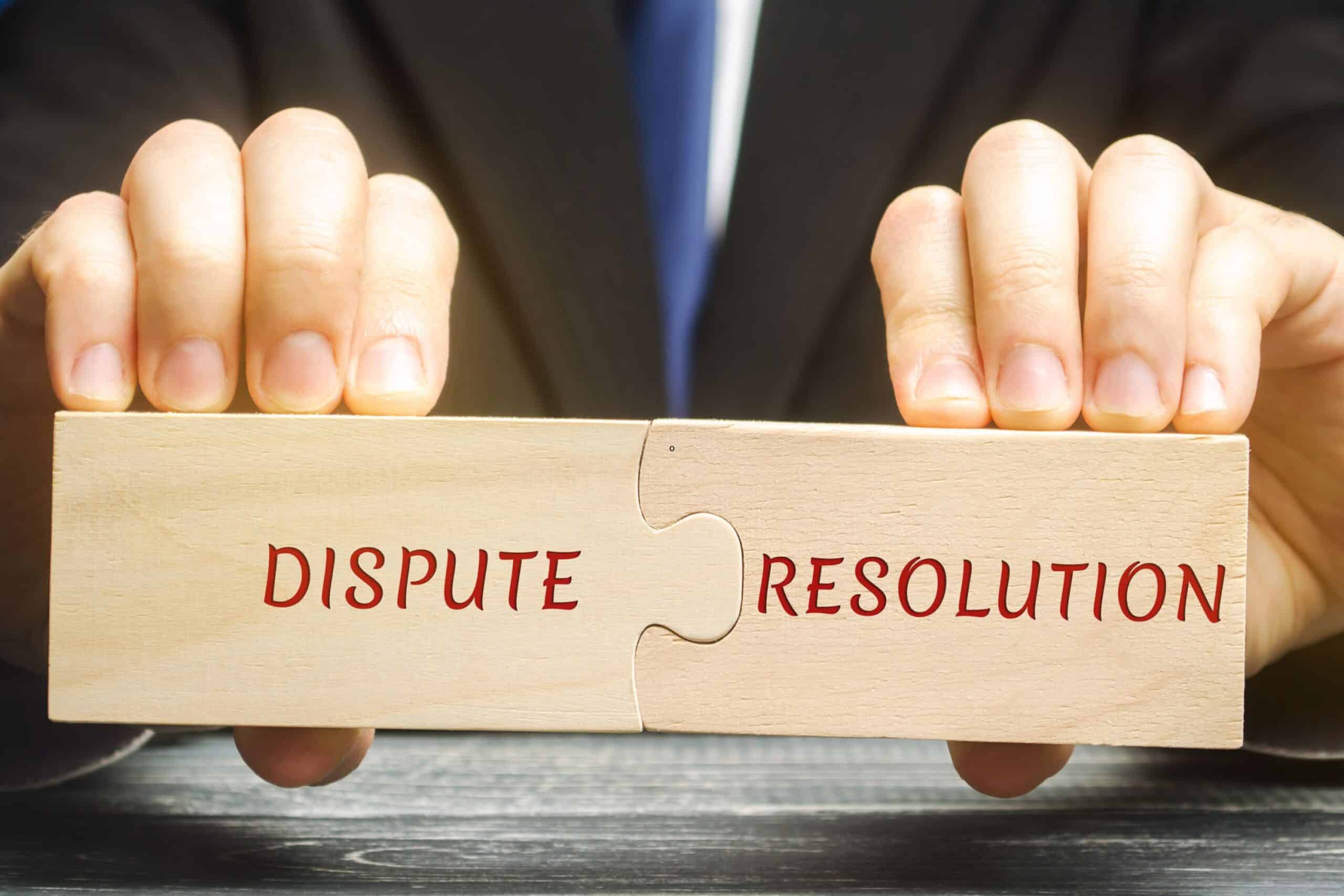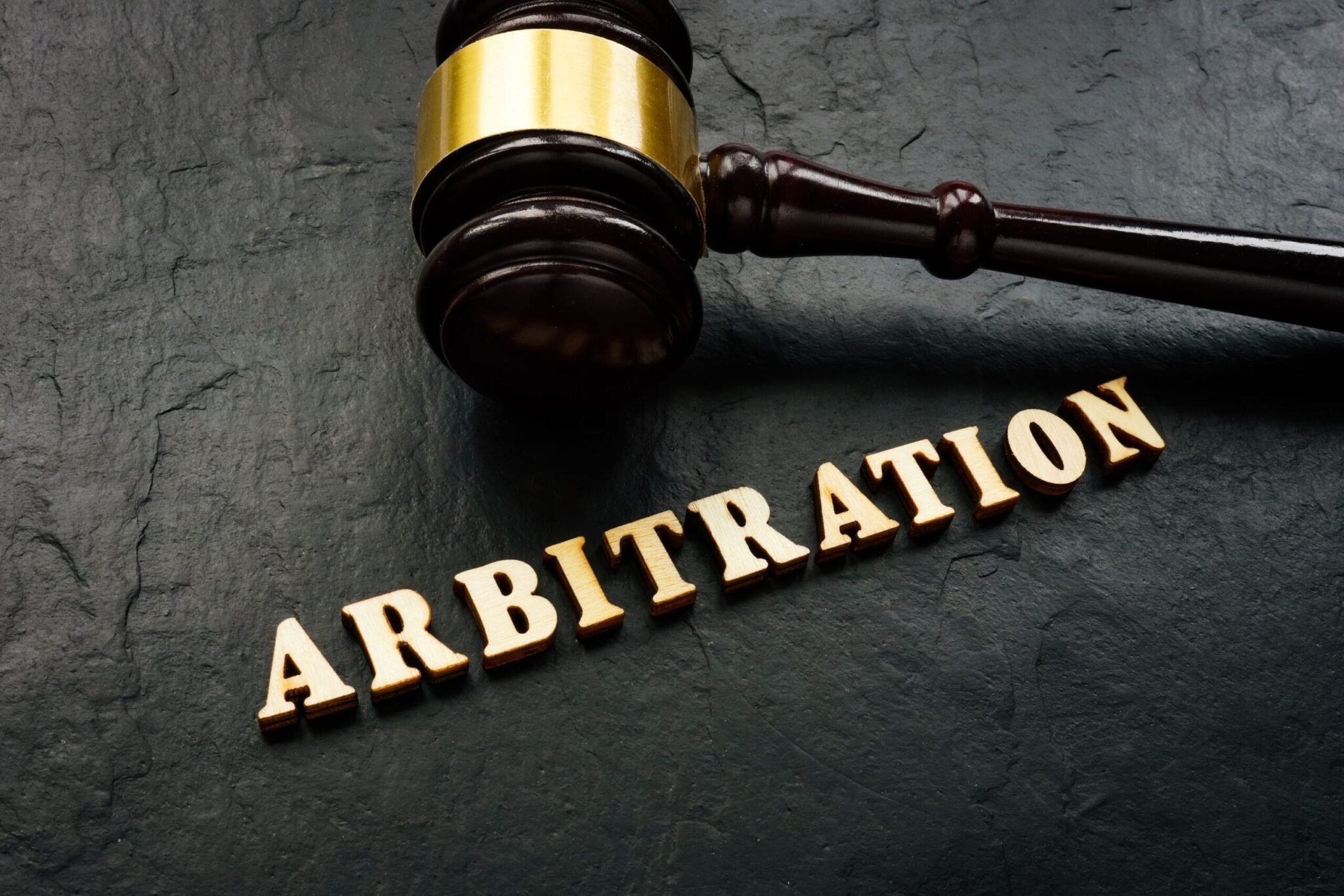Mediation vs. Arbitration: Choosing the Right Path to Resolve Florida Injury Disputes
A personal injury can be a life-altering event, leaving you grappling with physical pain, emotional trauma, and significant financial burdens. In Florida, victims have the right to seek compensation for their injuries caused by someone else’s negligence or wrongful actions. Unfortunately, navigating the legal process to resolve personal injury disputes can be arduous and emotionally draining.
That’s where alternative dispute resolution methods, such as mediation and arbitration, come in. Unlike traditional litigation, which can be lengthy, expensive, and unpredictable, mediation and arbitration offer paths prioritizing cooperation, communication, and expedited resolution.
Essentially, these approaches acknowledge the emotional toll personal injury disputes can take on everyone involved and seek to provide a more compassionate and practical resolution process.
Mediation: A Cooperative Pathway
Mediation is a voluntary and informal process that involves a neutral third party, known as a mediator, facilitating communication and negotiation between the parties involved in a personal injury dispute.
The mediator does not have the authority to impose a decision on the parties. Instead, they guide the conversation, helping both sides explore potential solutions and reach a mutually agreeable settlement. Mediation fosters cooperation and open dialogue, allowing the parties to maintain control over the outcome and find common ground.
One of the primary benefits of mediation is its non-adversarial nature. Unlike traditional courtroom litigation, mediation encourages collaboration rather than confrontation. It provides an opportunity for both the injured party and the at-fault party, along with their legal representatives, to sit down and discuss the issues in a more relaxed and less formal setting.
Additionally, the process is typically faster and more cost-effective than going to court, making it an appealing option for resolving personal injury disputes in Florida.
Arbitration: A Structured Approach
In contrast, arbitration is a more structured alternative dispute resolution method where one or more arbitrators act as judges to hear the evidence and arguments presented by each party.
Unlike mediation, the arbitrator(s) can render a binding decision as an arbitration award. This means that the parties involved agree to accept the arbitrator’s decision as final and legally binding, without the option to appeal – except under limited circumstances.
This isn’t always true, though. Arbitration can be either binding or non-binding. In binding arbitration, the decision is final and enforceable in court. In non-binding arbitration, the parties can reject the arbitrator’s decision and pursue other avenues for resolution if they are unsatisfied with the outcome.
How does arbitration work?
The arbitration process resembles a mini-trial, with both sides presenting evidence and legal arguments to support their case. While it may be more formal than mediation, arbitration is typically still less formal and time-consuming than traditional litigation.
This process is often preferred when the parties involved cannot agree or when the law requires or recommends arbitration to resolve the dispute.
Choosing the Right Path: Factors to Consider
Choosing the right path for resolving personal injury disputes in Florida requires careful consideration of various factors.
Mediation focuses on preserving relationships and promoting communication, which can be particularly important in cases involving family members, friends, or co-workers. Mediation empowers the parties to find creative solutions that meet their needs as they control the outcome.
On the other hand, arbitration may be more suitable when parties seek a structured and final resolution. In cases where emotions run high, arbitration offers a less adversarial setting than traditional litigation, allowing the parties to resolve without the stress of a courtroom battle, while still offering the possibility of a binding resolution. This provides certainty and closure, making it an attractive option for those who value a definitive outcome.
Ultimately, the choice between mediation and arbitration will depend on the unique circumstances of your personal injury case. Seeking legal counsel and guidance from experienced mediators and arbitrators can help you select the most suitable path to reach a fair and just resolution.
In some cases, mediation and arbitration may be the most effective approach, paving the way for litigation if the parties cannot agree. Don’t let a personal injury dispute consume your time, energy, and resources. Instead, consider mediation and arbitration to seek a fair and just resolution.
Contact our office today to schedule a consultation and explore how alternative dispute resolution can benefit your case. Together, we can work towards a resolution that helps you move forward with your life while avoiding the stress and uncertainty of a lengthy court battle. Act now, and let’s embark on the path to resolution together.
About the Author:
Andrew Winston is the founding partner at the personal injury Law firm, The Winston Law Firm. For over 20 years, he has successfully represented countless people in all personal injury cases, focusing on child injury, legal malpractice, and premises liability. He has been recognized for excellence in representing injured clients by admission to the Million Dollar Advocates Forum and named one of America’s Top 100 High-Stakes Litigators. Mr. Winston is AV Preeminent, Rated by the Martindale-Hubbell for the highest level of professional ethics, enjoys a 10.0 rating by AVVO as a Top Personal Injury Attorney, and has been selected as a Florida Top 100 “Super Lawyer” and Miami Top 100 “Super Lawyer” – an honor reserved for the top 5% of lawyers in the state – was voted to Florida Trend’s ”Legal Elite,” recognized by Expertise as one of the 20 Best Personal Injury Attorneys in Fort Lauderdale and 20 Best Car Accident Lawyers in Fort Lauderdale.
 Injured in a Trucking Accident? Understand Your Rights in Florida
Injured in a Trucking Accident? Understand Your Rights in Florida 


















